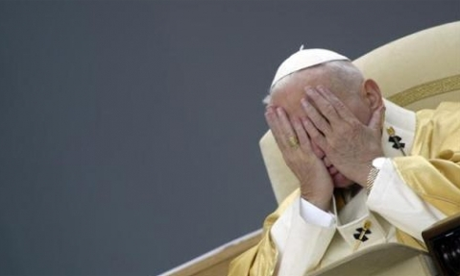At the sound of a bell from the altar, relayed over loud-speakers, about 50,000 people at an open-air mass last month in the Polish capital dropped down to kneel in the street.
It was a powerful symbol of Poland’s deeply felt Roman Catholicism, a reminder of the scenes in the 1980s when, inspired by Polish Pope John Paul II, people prayed in the streets and brought down Communist rule.
But modernity intruded on this recent moment of spiritual contemplation. The size of the crowd meant some worshippers, who arrived late, had to listen to the mass standing outside a sex shop with signs in the window offering “exotic dances”.
Society in Poland is changing and with it, the relationship between the Polish people and the Catholic church.
In this country where, since the end of Communist rule, prime ministers have sought the blessing of the church before making important decisions, Catholicism is losing its influence.
Opinion polls show that the number of people who go to church or pray regularly is in decline.
And now a series of initiatives – on in-vitro fertilization (IVF), ending state subsidies for the church, and homosexuality – is challenging Catholicism’s role at the heart of the state.
“We want to separate the secular state from religion,” said Andrzej Rozenek, a lawmaker with the ultra-liberal Palikot movement. It surprised many by becoming the third biggest party in parliament in an election last year.
“We’re trying to show Poles that there are other values.” Continue reading
Image: Reuters
Additional readingNews category: Features.




